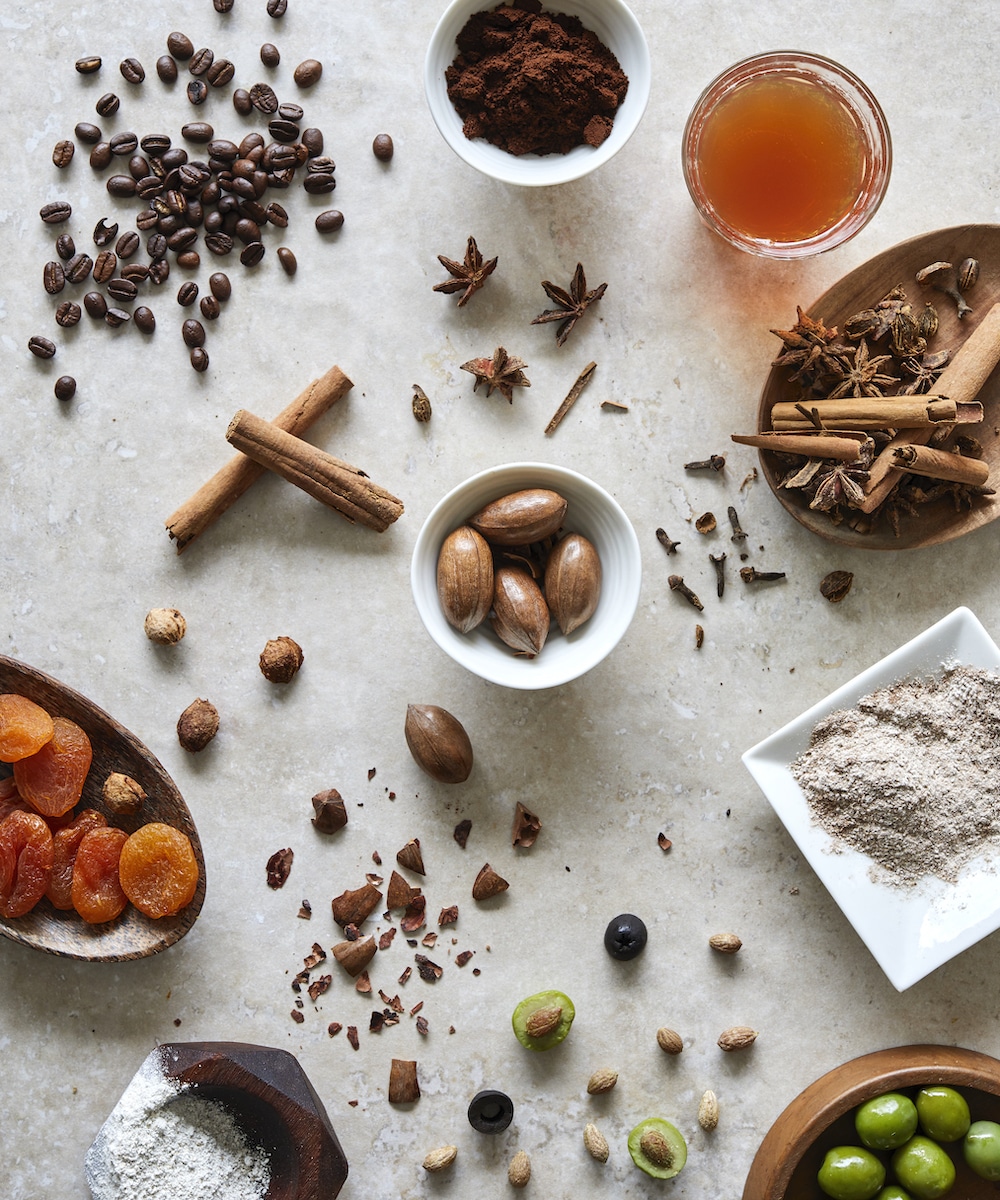The trend for using food by-products as raw materials for cosmetics and bodycare is gaining momentum as the COVID-19 pandemic has shaken up supply chains for cosmetic ingredients, according to Ecovia Intelligence.
The research company expects upcycling adoption rates to increase as the industry moves towards regional supply chains for its raw materials and looks to create products for a circular economy.
It says that demand for upcycled raw materials is being driven by growing consumer demand for natural and organic personal care products and that sustainability is another major factor, as cosmetic and ingredient firms are increasingly committing to use more plant-based and natural ingredients in their products.
“The COVID-19 pandemic has disrupted the supply of natural ingredients,” says Ecovia Intelligence in a release. “The collection and processing of plant materials has been affected by emergency measures introduced by state and national governments. Ingredient buyers also experienced higher transportation costs and delays because of quarantine measures at ports. The pandemic is leading many operators to consider regional, if not local, supply sources of natural ingredients. Food by-products are increasingly viewed as a sustainable source of such materials.”
It cites emerging brands which are highlighting upcycled ingredients as one of their points of difference. For example in the UK, Dr. Craft uses discarded blackcurrant pulp to make sustainable hair colours and UpCircle Beauty upcycles ingredients including waste coffee grounds, fruit stones and chai spices to use in its skin care range.
“Cosmetic and personal care companies are looking to make the transition to a circular economy … Since removing waste is one of the tenants of the circular economy, upcycling presents an opportunity to such companies,” the firm says. “The adoption rate of upcycled ingredients is expected to rise as such cosmetic firms reformulate their products using ingredients from waste streams.”
Image credit: UpCircle Beauty





